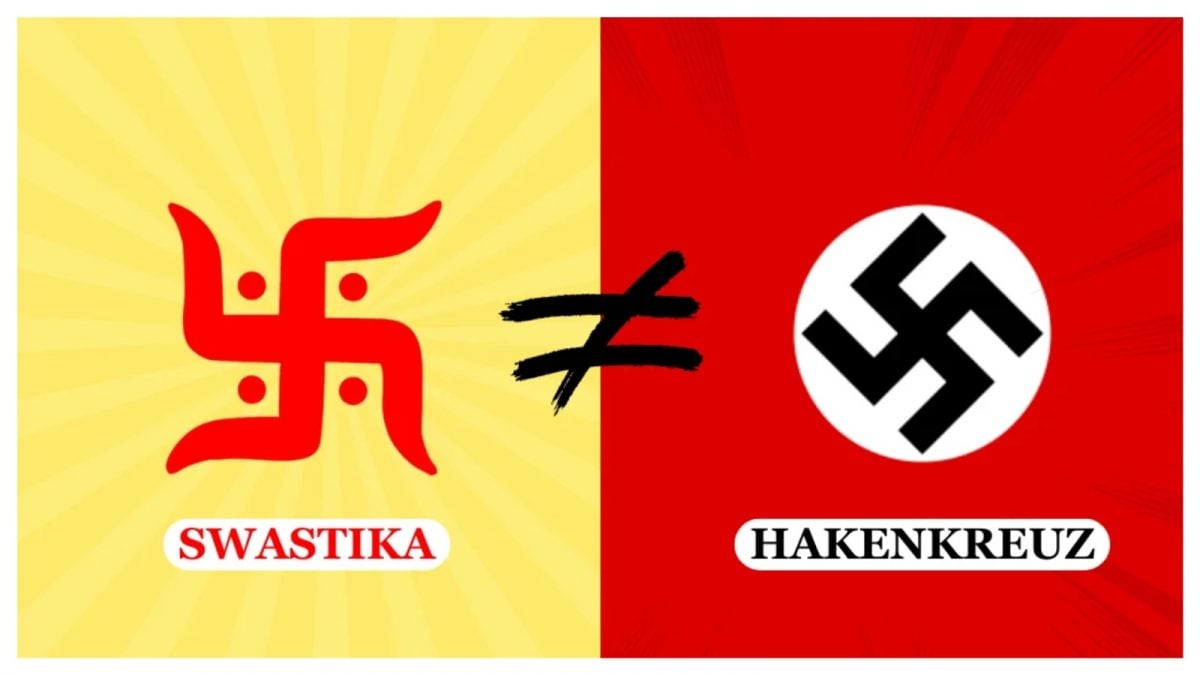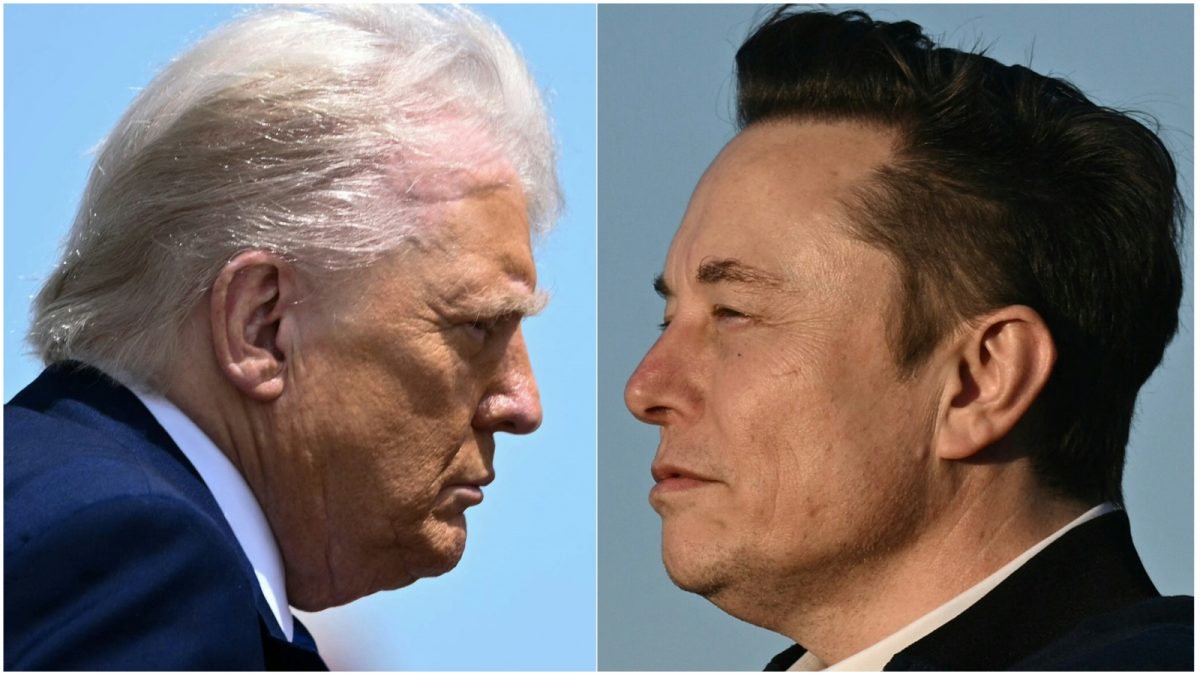A new set of documents recovered by the Israeli army reveal what had long been suspected. The October 7 Hamas massacre of people in Israel was a calculated move to sabotage the normalisation of ties between Israel and Saudi Arabia. It was the "extraordinary act" needed to keep the two nations from formalising ties.

The documents, allegedly found in a tunnel beneath Gaza, reveal that October 7 massacre by Hamas was to derail the Israel-Saudi normalisation deal. (Image: Getty)
What has always been suggested now stands confirmed. Hamas, the Gaza-based terror group, launched the October 7, 2023, massacre with the goal of disrupting talks between Israel and Saudi Arabia to normalise ties, according to new documents obtained by The Wall Street Journal. The documents, allegedly found in a tunnel beneath Gaza, reveal that former Hamas leader Yahya Sinwar believed that only an "extraordinary act" could prevent the two nations from formalising ties. A deal between Israel and Saudi Arabia would be a game-changer for political dynamics in the Middle East.
The records from one of the tunnels in the Hamas underground network also detail a pivotal meeting of Hamas’s political leadership that took place just five days before the attack.
The October 7 attack on Israel led to the deaths of over 1,000 Israelis and the retaliatory attacks on Palestinians, which have killed more than 53,000 Palestinians.
In 2023, Saudi Arabia, the most powerful Sunni country in the Middle East, was on the verge of signing a deal with Israel, when the Hamas attack and the Israeli pummelling of Gaza shelved it. Experts have suggested that Iran, the biggest Shia force in the Middle East, orchestrated the attacks through Hamas to scuttle the Israel-Saudi deal.
At the October 2, 2023, meeting, Sinwar reportedly declared that only a dramatic, high-impact action could prevent the Saudi-Israeli deal from advancing. He warned that the agreement risked sidelining the Palestinian cause and could lead to a broader normalisation wave across the Arab and Islamic world.
HAMAS PLAN INCLUDED INTENSIFYING UNREST IN WEST BANK
Sinwar called for the execution of an operation that had been in planning for two years, describing it as a strategic move to shift the region's political balance and reignite attention to the Palestinian issue.
The meeting minutes from the October 2, 2023, gathering of Hamas's political bureau in Gaza cite Sinwar as saying, "There is no doubt that the Saudi-Zionist normalisation agreement is progressing significantly." He warned a deal would “open the door for the majority of Arab and Islamic countries to follow the same path."
The goal, he said, is "to bring about a major move or a strategic shift in the paths and balances of the region with regard to the Palestinian cause".
Among the seized documents was a September 2023 Hamas report that advised intensifying unrest in the West Bank and Jerusalem to complicate the Saudi-Israeli negotiations. The report voiced deep scepticism over Saudi commitments to the Palestinian cause, suggesting that Riyadh was taking only superficial steps to neutralise opposition like Hamas.
Another classified Hamas memo from August 2022 highlighted growing alarm over a regional push to normalise ties with Israel, describing this trend as a direct threat to the Palestinian national struggle. The memo emphasised the need for Hamas to reposition itself strategically, which included enhancing coordination with groups like Hezbollah and other Palestinian factions.
TUNNEL DOCUMENTS REVEAL IRAN LINK TO OCTOBER 7 ATTACKS
According to both Israeli and regional intelligence sources, discussions between Hamas and Iranian security officials had been ongoing since 2021, the Wall Street Journal (WSJ) reported.
Iran had been providing Hamas with financial aid, arms, and combat training, especially in the weeks leading up to the October 7 attack. However, officials also noted that Iran and Hezbollah had cautioned Hamas against drawing them into a full-scale war with Israel.
There are conflicting accounts about how much Tehran knew about the timing and scope of the attack.
Some senior sources claim a separate meeting took place on October 2 in Beirut between Hamas representatives and Iranian officials, during which Iran approved the operation, the WSJ report added.
The final details of the plan were kept tightly guarded by Hamas’s Gaza-based military leadership. Among the other internal Hamas documents found by the Israeli military and reviewed by the WSJ was a September 2023 report that recommended escalating the conflict in the West Bank and Jerusalem to make Saudi-Israeli normalisation more difficult.
The report expressed mistrust of Saudi pledges to uphold Palestinian interests, calling them "weak and limited steps to neutralise" Hamas and stop it from fighting back against normalisation.
Most of the key figures involved in organising the assault, including Sinwar and Marwan Issa, have since been killed by Israeli forces. His brother, Mohammed Sinwar, who led Hamas's military operations, was targeted in a recent Israeli airstrike, though his fate remains unclear. Ismail Haniyeh, Hamas’s leader in exile and one of its most influential figures, was also killed.
HAMAS WORKED TO SCUTTLE 'NORMALISATION' BY ARAB COUNTRIES
The documents also reveal that Hamas had begun institutionalising its anti-normalization efforts well before the attack. In October 2022, Hamas posted a job opening seeking a university-educated individual with negotiation skills to lead its campaign against Arab-Israeli normalisation.
An internal briefing marked "secret" from August 2022, written by Hamas’s military leadership, concludes: "It has become the duty of the movement to reposition itself to preserve the survival of the Palestinian cause in the face of the broad wave of normalisation by Arab countries, which aims primarily to liquidate the Palestinian cause."
In response, Hamas was strengthening its coordination with Hezbollah as well as other Palestinian militant factions, the briefing says.
Responsibilities included engaging grassroots groups and promoting boycotts against organisations backing diplomatic ties with Israel.
Saudi Arabia, which has maintained a strained relationship with Hamas since the latter’s violent takeover of Gaza by rival faction Fatah, has since paused any progress toward normalisation. Crown Prince Mohammed bin Salman is now reportedly unwilling to proceed without two preconditions: a ceasefire in Gaza and a clear path toward Palestinian statehood.
Published By:
Priyanjali Narayan
Published On:
May 26, 2025

 1 month ago
1 month ago

















